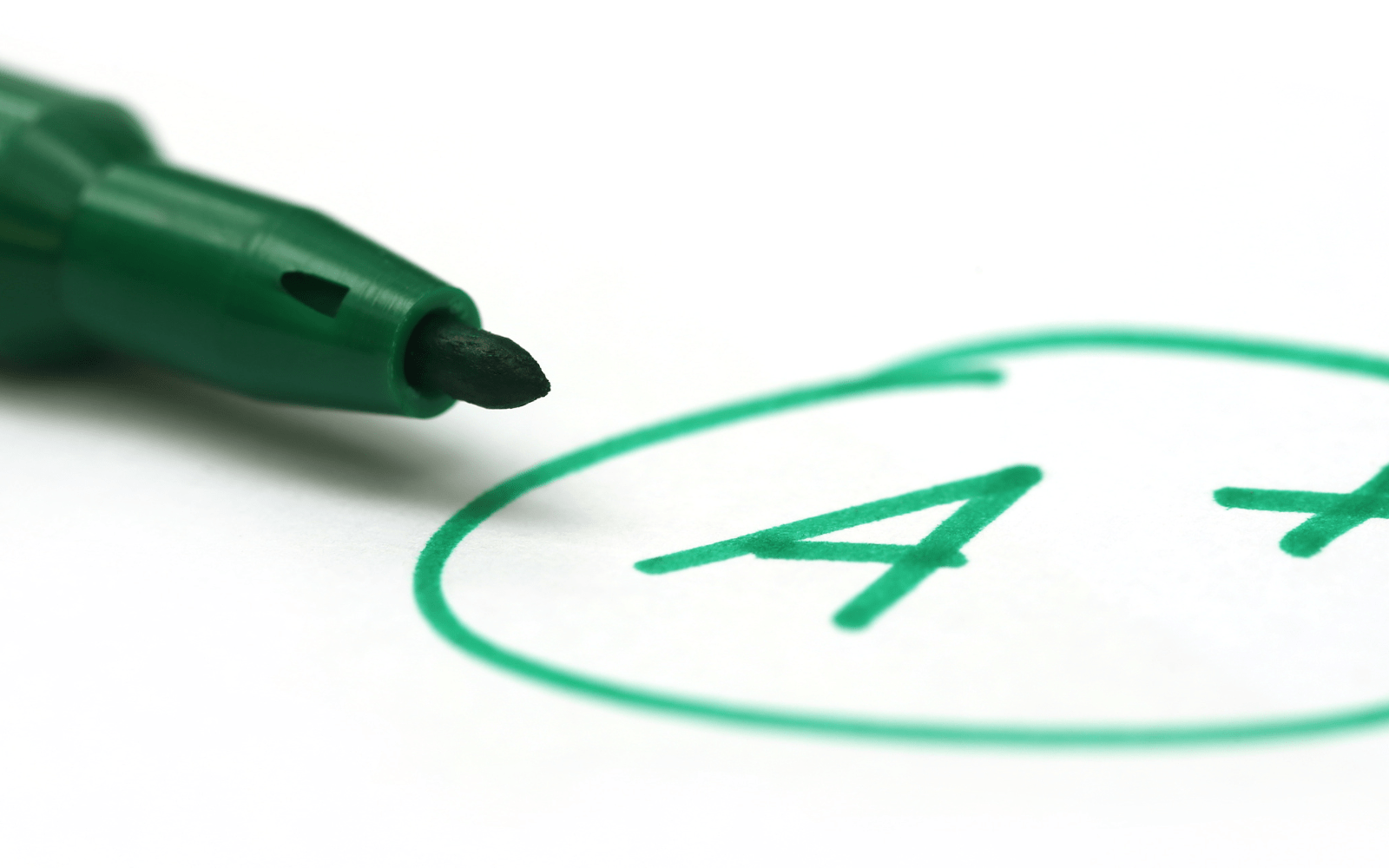A government-backed initiative called the Household Support Fund provides targeted financial assistance to households facing financial challenges. It allows local governments, such as Birmingham City Council, to give immediate financial support to most needy individuals. The DWP funds it. The fund assists in paying for several essentials, such as food, heating, and other significant home costs.
The government’s larger reaction to the growing cost of living, especially for low-income households disproportionately affected by inflation, includes this initiative. By giving a lifeline to people having difficulty making ends meet, it seeks to offer immediate aid to keep families from sinking further into debt.
Eligibility Criteria for the £200 Payment
Applicants must fulfill certain requirements set forth by Birmingham City Council to be eligible for the £200 cost of living payment:
- Candidates must be Birmingham residents to be considered.
- Financial Difficulties: Households must exhibit financial hardships, particularly concerning expenses for necessities such as food and energy.
- Prior Grant Cap: Eligible households cannot reapply if they have previously received a £200 HSF payment within the previous 12 months.
- Application Deadline: Until September 30, 2024, or until all of the money is used, applications are accepted.
- By ensuring that the support is allocated to the majority of low-income households, these criteria help citizens who are struggling financially throughout the harsh winter months.
Application Process and Fraud Prevention
On the Birmingham City Council website, there is an application form that qualified citizens of Birmingham can complete to be considered for the £200 compensation. Help is accessible via a dedicated phone line at 0121 634 7100 for anyone without internet access. To avoid prosecution under the Fraud Act of 2006, applicants are asked to submit accurate and true information.
The Household Support Fund scam is dealt with by Birmingham City Council in a zero-tolerance manner. The West Midlands Police will be notified of any suspected fraud to guarantee the equitable distribution of proceeds.
Impact of the Section 114 Notice
The Household Support Fund is continuing to run normally in spite of the financial difficulties that Birmingham City Council is facing, as evidenced by the recent publication of a Section 114 notice that highlights the council’s dire financial circumstances. The notification has no bearing on how the HSF is funded or distributed, ensuring that the monies designated for this program are secure and will continue to be awarded to eligible people for as long as they are available.
Additional Support Options
Birmingham City Council offers extra financial assistance in addition to the £200 payment through programs like the Hardship Grant Community Fund (HGCF) of the Birmingham Voluntary Service Council (BVSC). These tools are meant to support those going through financial difficulties and to complement the Household Support Fund.
The Importance of the £200 Cost of Living Payment
For Birmingham households trying to keep up with escalating costs, the £200 cost-of-living allowance is essential support. To ensure that needy residents have access to the resources they require for necessities like food, energy, and household products, the Household Support Fund was created to ease urgent financial strains.
The government and Birmingham City Council hope that by offering this focused financial assistance, low-income families would be better able to handle the winter’s hardships and avoid falling into even deeper financial instability.
Key Points to Remember
- Investigate All Resources: Citizens should fully utilize the assistance programs offered by the council, such as the Household Support Fund.
- Apply as soon as possible to guarantee that you are eligible for the £200 reward because funding is limited.
- Community Support: For those experiencing financial difficulties, the council and nearby groups continue to assist.
Through the utilization of these financial support systems, citizens of Birmingham can more effectively handle the escalating expenses of winter living and gain access to neces
FAQs about Cost of Living Payments in the UK
These are the most commonly asked questions for this.
1. What is the UK Household Cost of Living Payment in Winter?
The Cost of Living Payment is part of a series of government initiatives aimed at helping households in the UK manage the rising cost of living, particularly during the winter months. The payment is intended to assist with everyday expenses, including rising energy bills, food, and other essentials.
2. Who is eligible for the Winter Cost of Living Payment?
Eligibility for the Winter Cost of Living Payment generally depends on several factors, including the benefits you receive or your income level. Typically, people who are eligible include:
-
Those receiving Universal Credit.
-
People on Pension Credit.
-
Those receiving Income Support, Jobseeker’s Allowance (JSA), Employment and Support Allowance (ESA), or other income-related benefits.
-
Individuals who receive Disability Benefits (such as PIP or Disability Living Allowance) may also be eligible for additional payments.
Eligibility is usually based on your situation on a specific qualifying date (for example, a date in late 2023 or early 2024).
3. How much is the Winter Cost of Living Payment?
The amount of the Winter Cost of Living Payment varies each year based on the government’s assessment of inflation and household expenses. In recent years, payments have ranged from £150 to £300 or more, depending on eligibility. The government may also offer additional payments for people with disabilities, pensioners, or those with dependent children.
4. When will the Winter Cost of Living Payment be made?
The payment is typically made in installments throughout the winter months. The exact dates depend on when your qualifying benefit is paid, but recipients can expect the money between November and February. Exact dates will be announced by the Department for Work and Pensions (DWP) or HMRC ahead of time.
5. Do I need to apply for the Winter Cost of Living Payment?
No, if you are eligible, you do not need to apply for the payment. The government will make the payment automatically to individuals who are receiving qualifying benefits.
However, you should ensure that your details are up to date with your benefits provider to avoid delays in receiving the payment.
6. How will I receive the Winter Cost of Living Payment?
If you are eligible, the payment will be made to your bank account or the account where you normally receive your benefits. For example, if you receive Universal Credit, the payment will usually be credited to the same account where your monthly payment is made.
7. What if I am not currently receiving benefits, but need help with living costs?
If you are not on benefits, you may still be eligible for some other forms of support from the government, including:
-
The Energy Bills Support Scheme or other energy relief programs.
-
Local government grants or support schemes.
-
Help for pensioners or low-income families through different government programs.
You may want to explore other ways to apply for support or benefits to ensure you qualify for relevant assistance.
8. Will the Winter Cost of Living Payment affect my other benefits or taxes?
No, the Winter Cost of Living Payment is not considered taxable income, and it should not affect your other benefits. It is designed to be a one-off support payment for people who are already in receipt of qualifying benefits.
However, it will not increase the amount you receive in future benefit payments or affect your entitlement to other government programs.
9. What if I haven’t received my Winter Cost of Living Payment?
If you believe you are eligible but have not received your payment by the expected date, you should:
-
Check your benefits or bank account to confirm the payment was made.
-
Contact the Department for Work and Pensions (DWP) or HMRC if there is an issue with the payment. There may be a delay, or additional information may be required to process the payment.
10. Do I need to repay the Winter Cost of Living Payment?
No, the Winter Cost of Living Payment is a non-repayable grant. You do not need to pay it back.
11. Is the Winter Cost of Living Payment only for those on Universal Credit?
No, while those receiving Universal Credit are likely to be eligible, the payment is also available to those receiving a range of other benefits, such as:
-
Pension Credit
-
Jobseeker’s Allowance (JSA)
-
Income Support
-
Employment and Support Allowance (ESA)
-
Disability benefits (like PIP, DLA, etc.)
The payment is intended for individuals who are receiving income-related benefits, regardless of whether they are working or not.
12. Can I receive the Winter Cost of Living Payment if I am a pensioner?
Yes, pensioners are generally eligible for the Winter Cost of Living Payment if they receive Pension Credit or meet the relevant criteria. Additionally, pensioners who qualify may receive an extra payment as part of the government’s support for older people.
13. Will the Winter Cost of Living Payment cover the full cost of my energy bills?
The Winter Cost of Living Payment is not intended to cover all your living expenses or energy bills in full. It is a supplementary payment designed to ease financial pressure, but additional energy support schemes, like the Energy Bills Support Scheme, may also provide further relief.
14. What happens if my circumstances change before I receive the payment?
If your circumstances change before the payment is made (e.g., your income, living arrangements, or benefits status), you may no longer qualify. It’s important to keep the relevant government departments informed so they can assess your eligibility accordingly.
15. Can I receive the Winter Cost of Living Payment if I am a student?
It depends on your personal situation. If you are a student, you may be eligible for the payment if you meet the requirements, such as being on a qualifying benefit. For example, if you are a student receiving Universal Credit or Pension Credit, you might be eligible for the Winter Cost of Living Payment.
For further details, it’s always best to check with the Department for Work and Pensions (DWP) or the official government website for the most up-to-date information.

